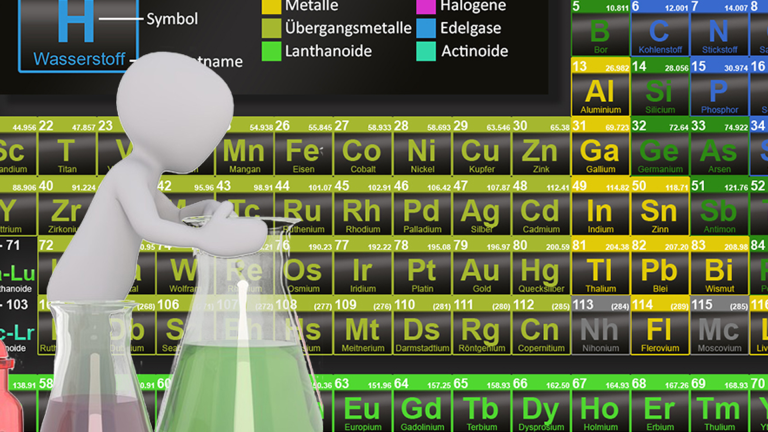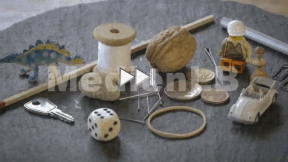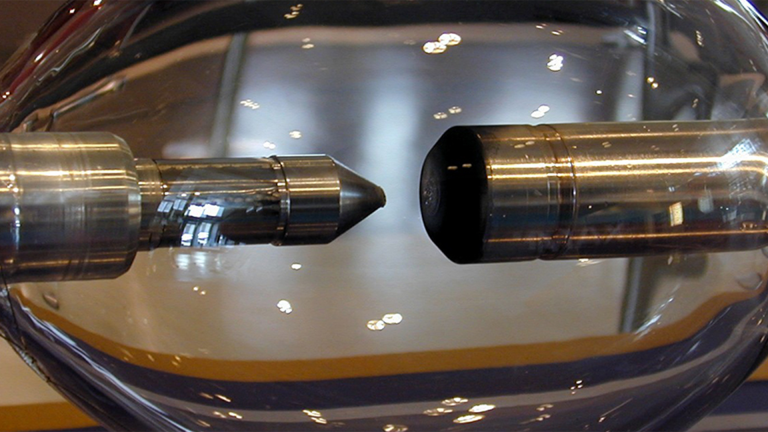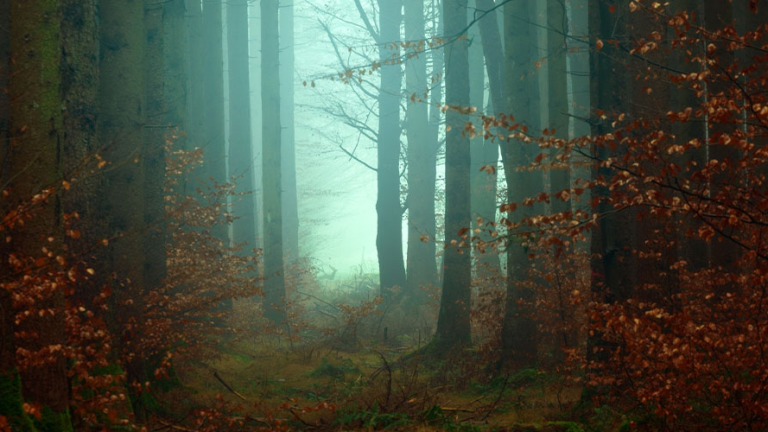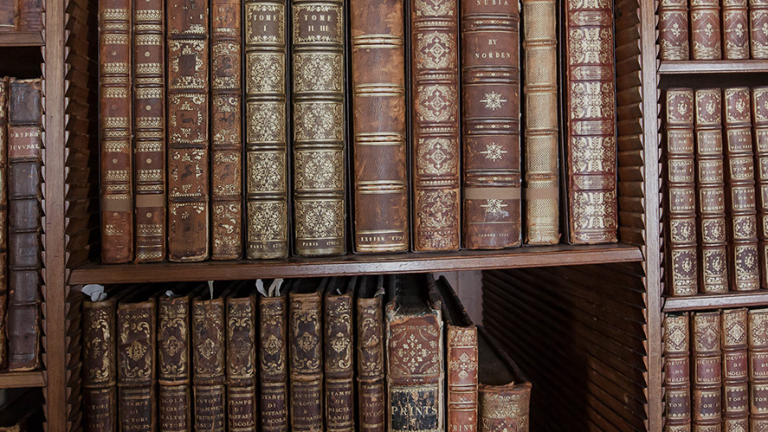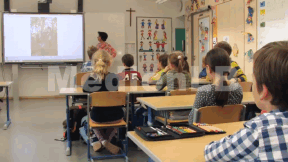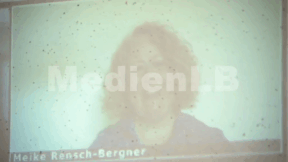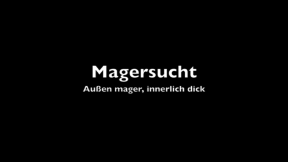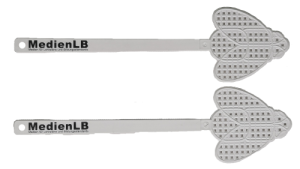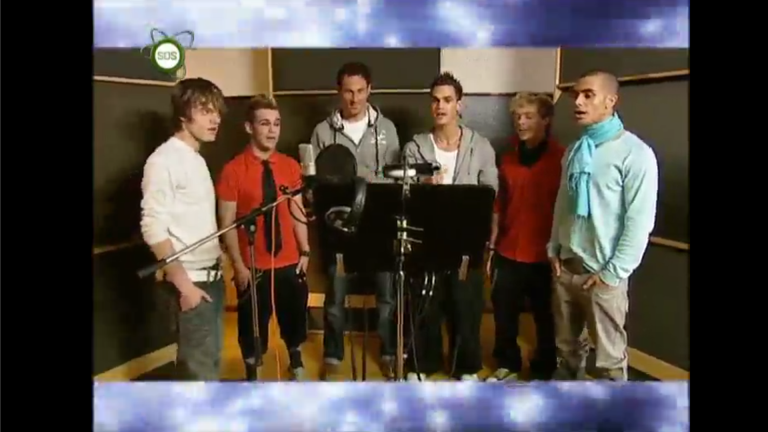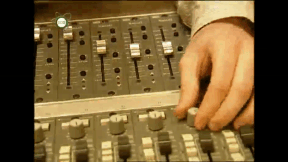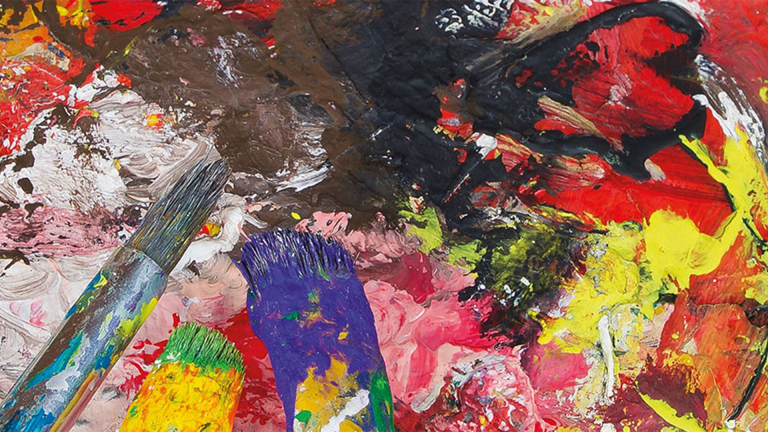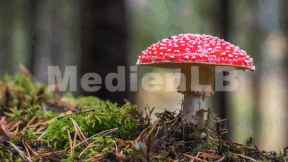Suche:
- # Artistry
- # Biology
- # Chemistry
- # Ecological
- # Economy
- # English
- # Foreign Language
- # Geography
- # German
- # Health
- # History
- # Informatik
- # Latin
- # Mathematics
- # Media Education
- # Music
- # Physics
- # Politics / Civics
- # Preschool
- # Primary School
- # Religion
- # Society
- # Sports
- # Technology
- # Training of Teachers
- # Vocational Education
Periodic Table
With the help of the periodic system chemists can predict properties of chemical elements and derive chemical reactions. But you need not be a chemist to understand the periodic system.
Learn moreNoble Gases
Xenon, Helium, Neon, Argon, Krypton and the radioactive Radon belong to the noble gases. These form the family of noble gases as the elements of the eighth group of the periodic table. All of them are colourless and odourless, non-inflammable and non-toxic. Their most striking chemical property is their inertness. This can be explained by their electron arrangement, termed noble gas configuration and represents a particularly stable and therefore low-energy state. The noble gases are to be found in scant amounts in our air from which they are also distilled. Helium is mainly extracted from natural gas. In everyday life, we encounter noble gases for example as shielding, filling or buoyant gases and in fluorescent tubes. The shell model describes the structure of the atoms. It is based on the distribution of electrons in restricted areas at a fixed distance around the core of the atom.
Learn moreBallade
Johann Wolfgang von Goethe sah in der Ballade das „Ur-Ei der Dichtung“. Sie vereint Merkmale der drei Gattungen Lyrik, Epik und Dramatik in sich. Die ersten Balladen wurden im Mittelalter verfasst.
Learn moreHeinrich von Kleist
Heinrich von Kleist (1777-1811) left posterity a work that is often inaccessible to easy access. Even the epoch assignment is not easy for him, who began publishing in the Weimar Classical period and committed suicide in the Romantic era. His work was far ahead of its time, it was outside of its time.
Learn moreADHS
Die ADHS, die Aufmerksamkeitsdefizit-/Hyperaktivitätsstörung gehört zur Gruppe der Störungen von Verhalten und Emotionen. Wissenschaftler gehen davon aus, dass in jeder Klasse zwei bis drei Betroffene sitzen.
Learn moreÜbergewicht
Becky Pfleger erzählt: „Das Schlimmste, was ich je erlebt habe? ... Ich wurde in der Bahn von einem Opa angeschrien: ‘Euch Dicke hätte man vergasen sollen wie die Juden damals!‘ “
Learn moreMagersucht
Hungern um jeden Preis – nach Schätzungen der Bundeszentrale für gesundheitliche Aufklärung leiden mehr als 100.000 Menschen in Deutschland an Magersucht. Besonders erschreckend dabei ist: Die Patienten werden immer jünger.
Learn moreSexting
„Sexting“ ist eine Kombination aus „Sex“ und „Texting“, dem englischen Begriff für „SMS-Schreiben“. Und Sexting ist in Deutschland angekommen – in einem Ausmaß, mit dem kaum einer gerechnet hat.
Learn moreCivil Courage
Civil courage concerns us all! Everyone may fall victim to violent assault.. Violence is expressed not only physically but also psychologically. It can lead to severe physical and mental damage for the victim.
Learn moreReconciliation instead of Judgement
The Criminal Code says: »Whosoever physically assaults another person is punished.« But the Criminal Code also says: »If the offender in an effort to achieve reconciliation with the victim (Victim-Offender-Mediation) has made full restitution for his offence, the court may mitigate the sentence or, unless the sentence is imprisonment of more than one year, may order a discharge.« The Youth Courts Law says:»The public prosecutor shall dispense with prosecution«, that means he does not bring charges and the matter does not go to court when the youth is ready »to achieve a settlement with the aggrieved person.«
Learn moreAkustik
Musik ist aus unserem Leben nicht wegzudenken. Doch warum lassen wir uns tagtäglich durch Radio, iPod, CD oder Fernsehen beschallen? Welchen Einfluss hat die Musik auf Körper, Geist und Seele? Wie beeinflusst sie unsere Emotionen? Und macht Musik wirklich intelligent? Joey Grit Winkler besucht heute eine Kölner Musikschule und zeigt, welche Auswirkungen Musik auf die Intelligenz hat, wie unterschiedliche Musikrichtungen unsere Konzentration beeinflussen können und stellt zusammen mit Musikschülern die beliebtesten Musikinstrumente vor. Fero Andersen begleitet währenddessen die Band „Lexington Bridge“ ins Tonstudio. Er erfährt, wie die Star-Maschinerie von Gesangsausbildung, über perfektes Styling bis hin zur PR-Strategie funktioniert. „Schau dich schlau!“ erklärt heute auch, wie man seine Wohnung inklusive Möbel und Boxen richtig einrichtet, um sich das perfekte Klangerlebnis ins eigene Heim zu holen. Außerdem zeigt uns ein Komponist anhand einer beispielhaften Spielfilmszene, wie uns Musik in Filmen bewusst in die „richtige“ Stimmung versetzt und auch unser Liebesleben positiv oder negativ beeinflusst.
Learn more



